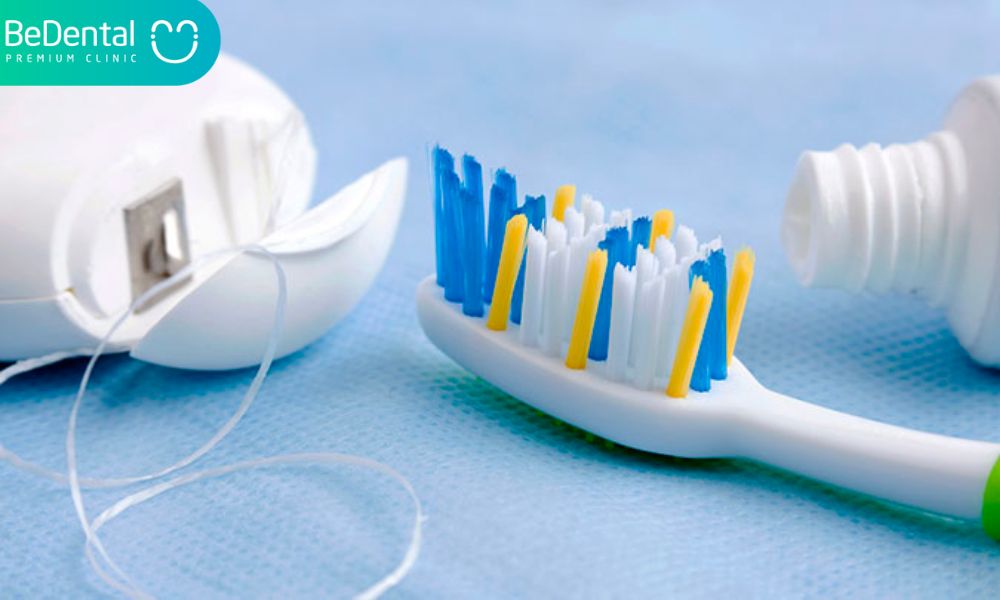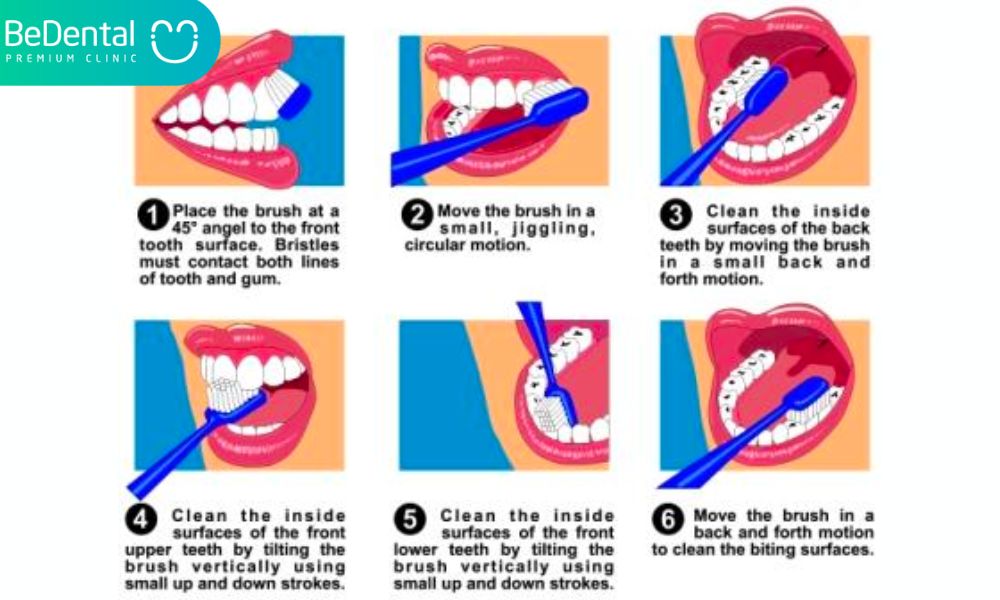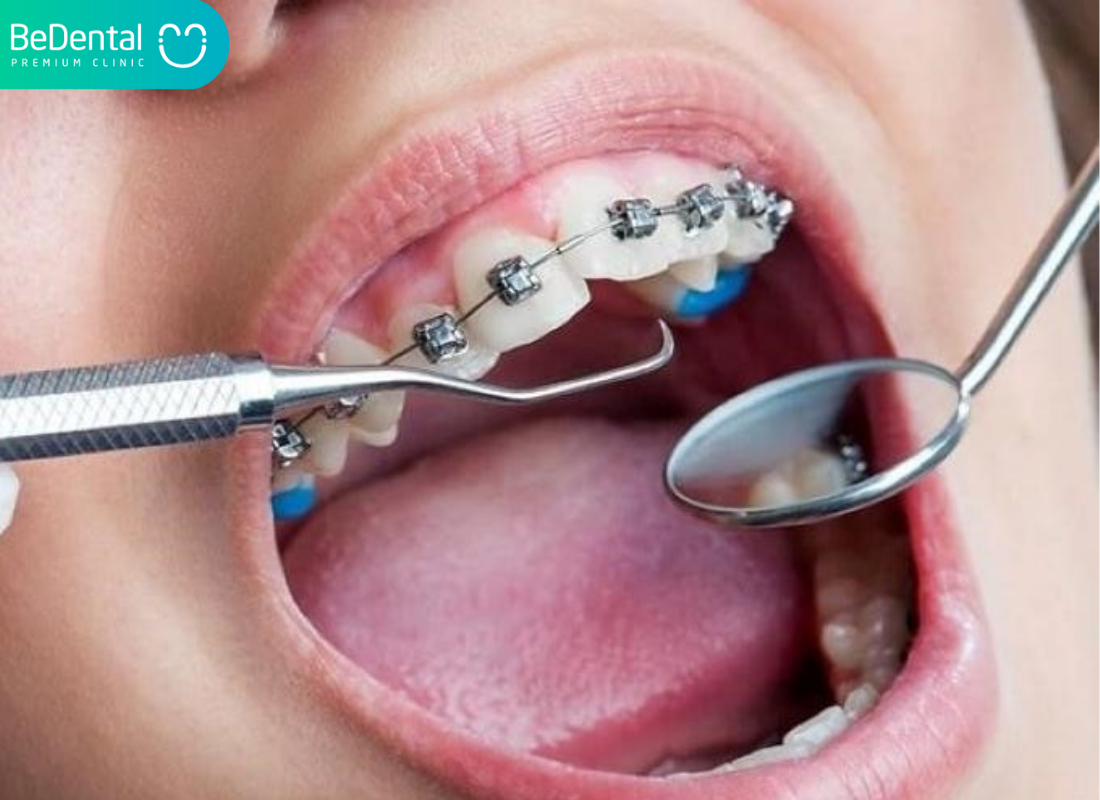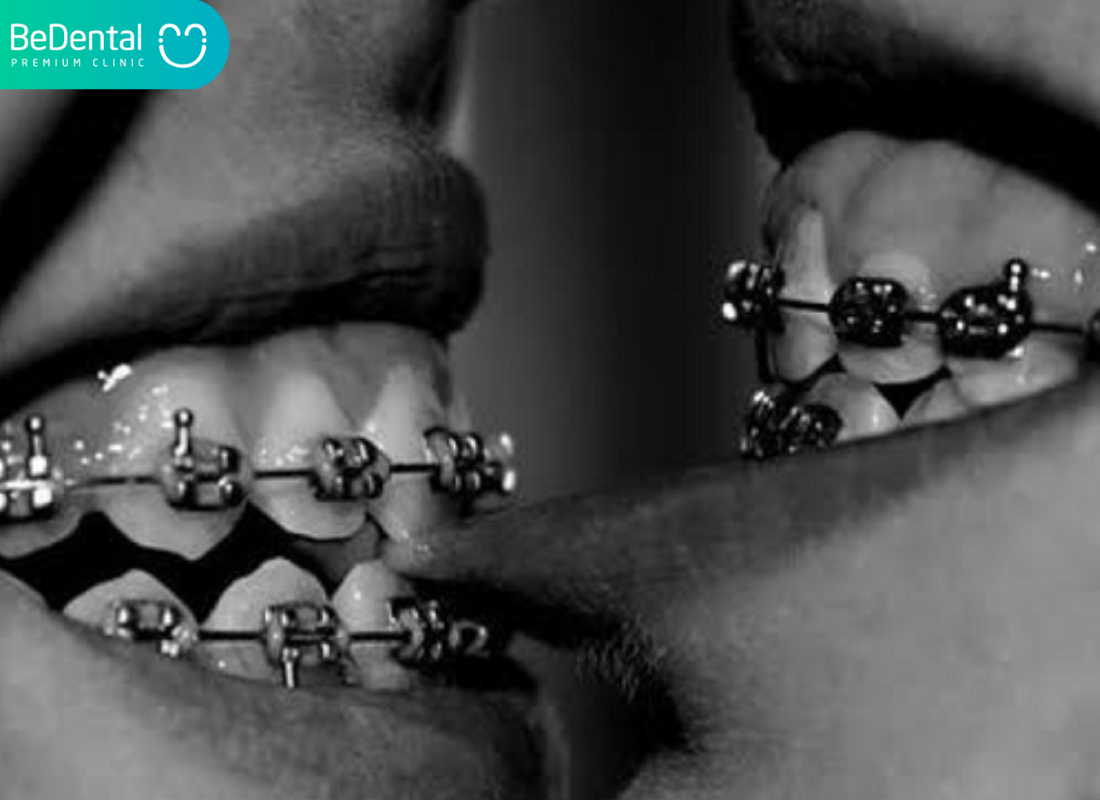Did you know that issues with your mouth can affect the rest of your body? Or that your oral health might provide clues about your general health? To protect yourself, find out more about the connection between your dental health and your whole health.
What’s the connection between oral health and overall health?
Like the rest of your body, your mouth is filled with germs, the most of which are benign. Yet, some of these bacteria can lead to illness since your mouth serves as the entrance to your digestive and respiratory systems.
The body’s inherent defenses and regular dental hygiene practices, such as twice daily brushing and flossing, often keep bacteria under control. Yet in the absence of good dental hygiene, bacteria levels may increase to the point where they might cause gum disease and tooth decay, among other mouth illnesses.

For instance, decongestants, antihistamines, painkillers, diuretics, and antidepressants can all lessen salivation. Saliva helps to protect the body against germs that proliferate and cause disease by washing away food and neutralizing acids made by bacteria in the mouth.
According to study, oral bacteria and the inflammation linked to a severe type of gum disease (periodontitis) may contribute to various disorders. Moreover, conditions like diabetes and HIV/AIDS can weaken the body’s defenses against infection, aggravating problems with oral health.
What conditions can be linked to oral health?
Your dental health may play a role in a number of illnesses and ailments, such as:
- Endocarditis. This infection of the inner lining of your heart chambers or valves (endocardium) usually happens when bacteria or other germs from another area of your body, such as your mouth, spread through your bloodstream and attach to specific areas in your heart.
- Cardiovascular disease. Although the link is not fully understood, some research suggests that inflammation and infections caused by oral bacteria may be linked to heart disease, clogged arteries, and stroke.
- Pregnancy and birth complications. Premature birth and low birth weight have been linked to periodontitis.
- Pneumonia. Bacteria in your mouth can enter your lungs and cause pneumonia and other respiratory diseases.
Certain conditions also might affect your oral health, including:
- Diabetes. Diabetes weakens the body’s resistance to infection, putting your gums at risk. Diabetes appears to increase the frequency and severity of gum disease. According to research, people with gum disease have a more difficult time controlling their blood sugar levels. Diabetes control can be improved with regular periodontal care.
- HIV/AIDS. Oral problems, such as painful mucosal lesions, are common in people who have HIV/AIDS.
- Osteoporosis. This bone-weakening disease is linked to tooth loss and periodontal bone loss. Certain osteoporosis medications carry a minor risk of causing jaw bone damage.
- Alzheimer’s disease. Worsening oral health is seen as Alzheimer’s disease progresses.
Eating disorders, rheumatoid arthritis, certain malignancies, and Sjogren’s syndrome, an immune system illness that produces dry mouth, are among other problems that may be connected to oral health.
In particular, if you’ve recently been unwell or have a chronic illness like diabetes, like diabetes, tell your dentist about any drugs you’re taking as well as any changes in your general health.
How can I protect my oral health?
Your teeth will last the rest of your life. These are some actions you can do to keep your mouth healthy and your teeth strong.
- Brush your teeth with fluoride toothpaste and drink fluoridated water.

- Maintain proper dental hygiene. To eliminate dental plaque, brush your teeth thoroughly twice a day and floss once a day in between your teeth.
- Even if you have natural teeth or dentures, go to the dentist at least once a year and get regular dental checkups.
- Use no tobacco products at all. Quit smoking if you do.
- Restrict your intake of alcoholic and caffeinated beverages.
- Work to keep diabetes under control if you have it. This lowers the chance of developing other issues, such gum disease. Your blood sugar may be reduced with the aid of gum disease therapy.
- See your doctor about switching to a new medication if the adverse effect of your current one is dry mouth. If you can’t prevent it, avoid alcohol and cigarette use and drink lots of water. You should also chew sugarless gum.
- If your sense of taste or smell suddenly changes, consult a physician or a dentist.
- While caring for an elderly person, assist them with tooth brushing and flossing if they are unable to do it on their own.
In addition, call your dentist straight away if you have a concern with your dental health. Maintaining good oral health is an investment in your whole wellbeing.
You could think about BeDental. BeDental provides the highest caliber dental care in Vietnam, treating each client with the respect and dedication of a member of the family. BeDental is a respected and skilled dental network with several locations in city centers, making it convenient for clients to travel. Also, BeDental features brand-new, imported dental equipment that has received safety certification from the Ministry of Health. Customers who visit 5-star facilities may unwind while receiving first-rate dental care.

More
Thumb sucking: 5 side effects of thumb sucking
Electric Toothbrushes: 3 Main Types of Electric Toothbrushes
Tooth Fillings and 3 Problems with Tooth Fillings
Composite Veneers and 3 exceptional advantages of Composite Veneers





Pingback: Tartar and 6 ways to prevent it | Nha Khoa Bedental
Pingback: Gum Disease and 7 main symptoms | Nha Khoa Bedental